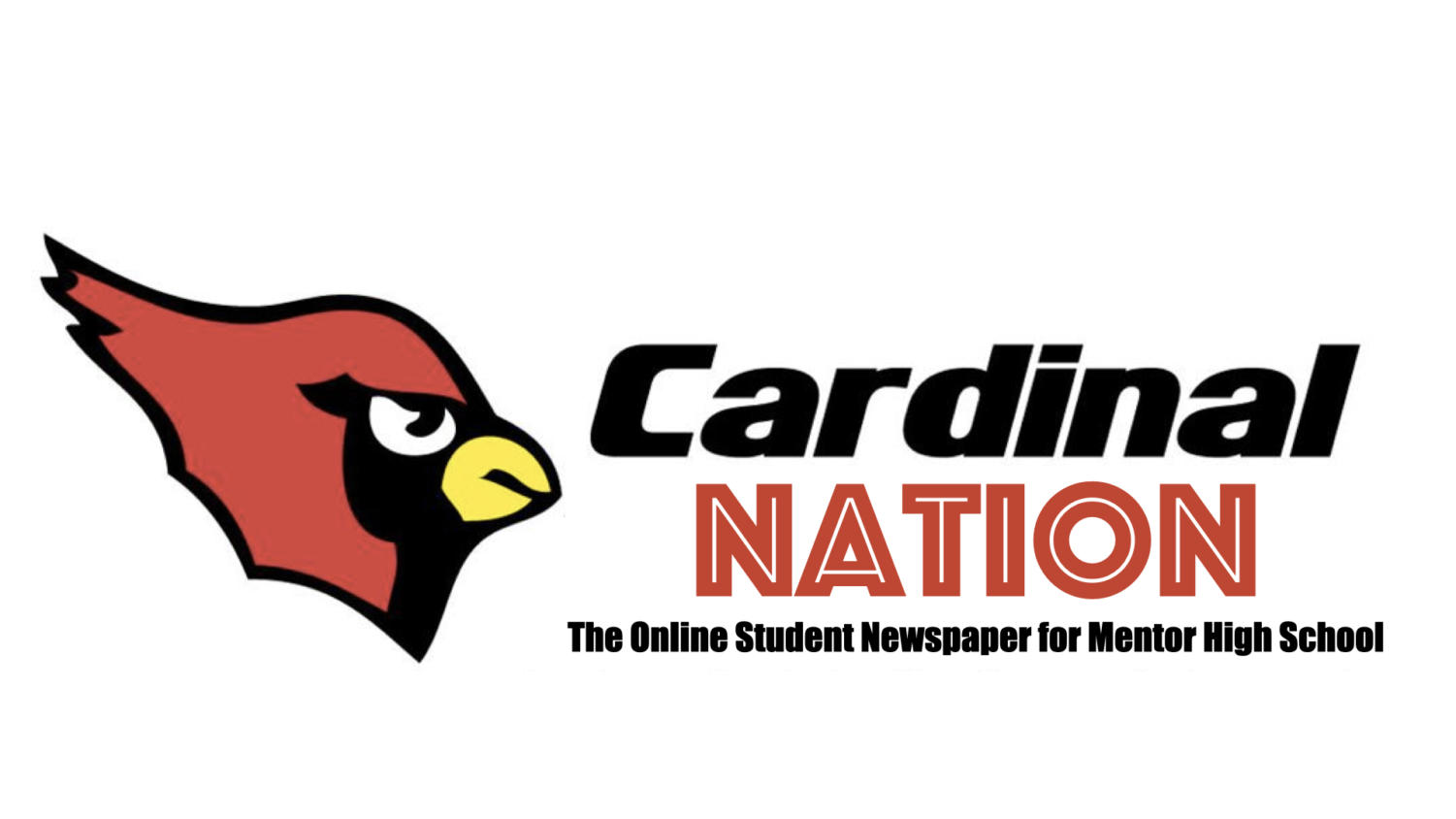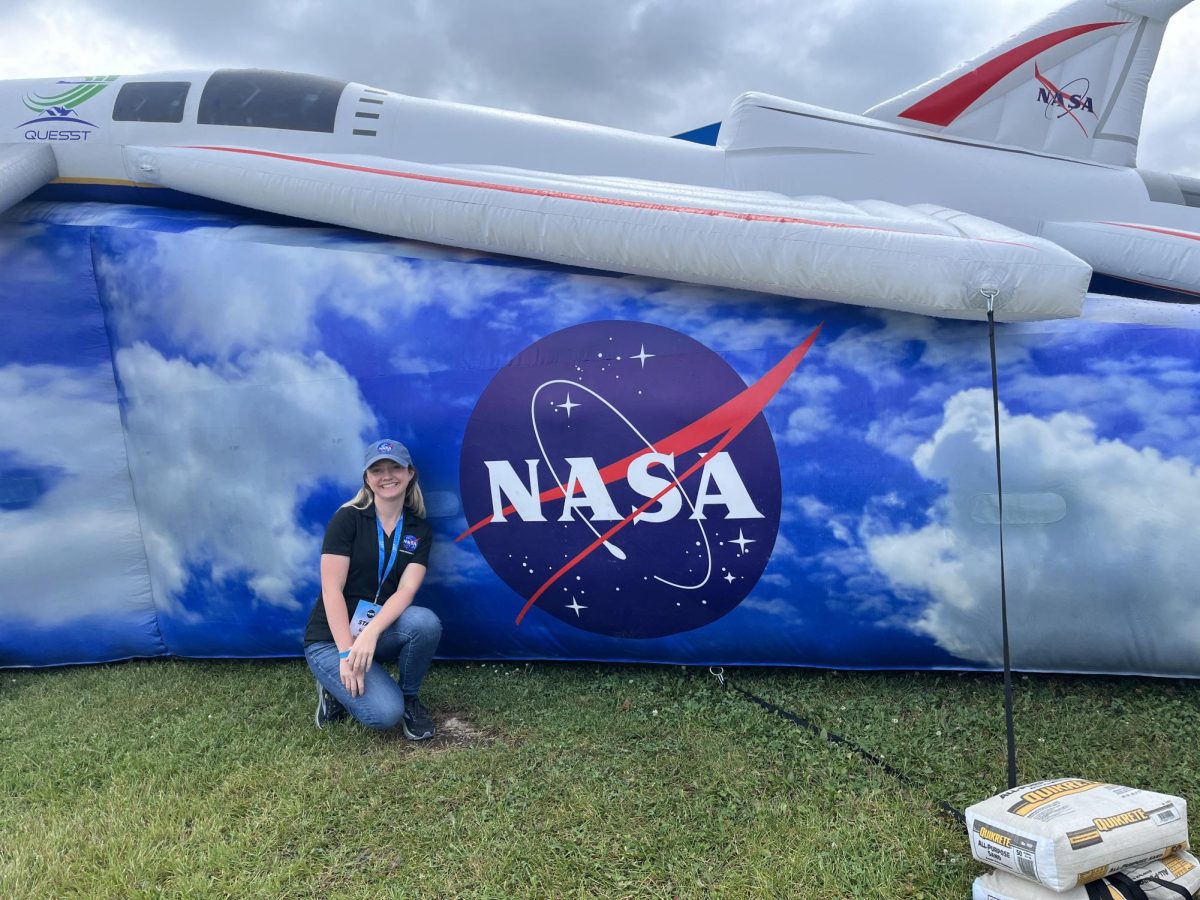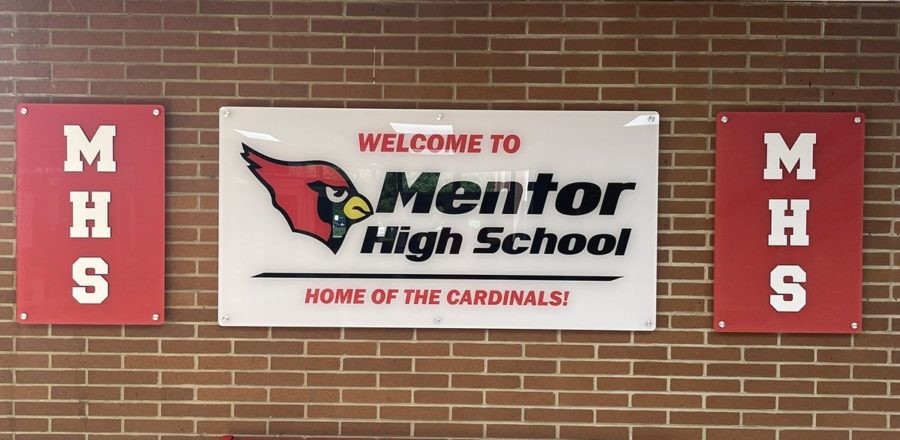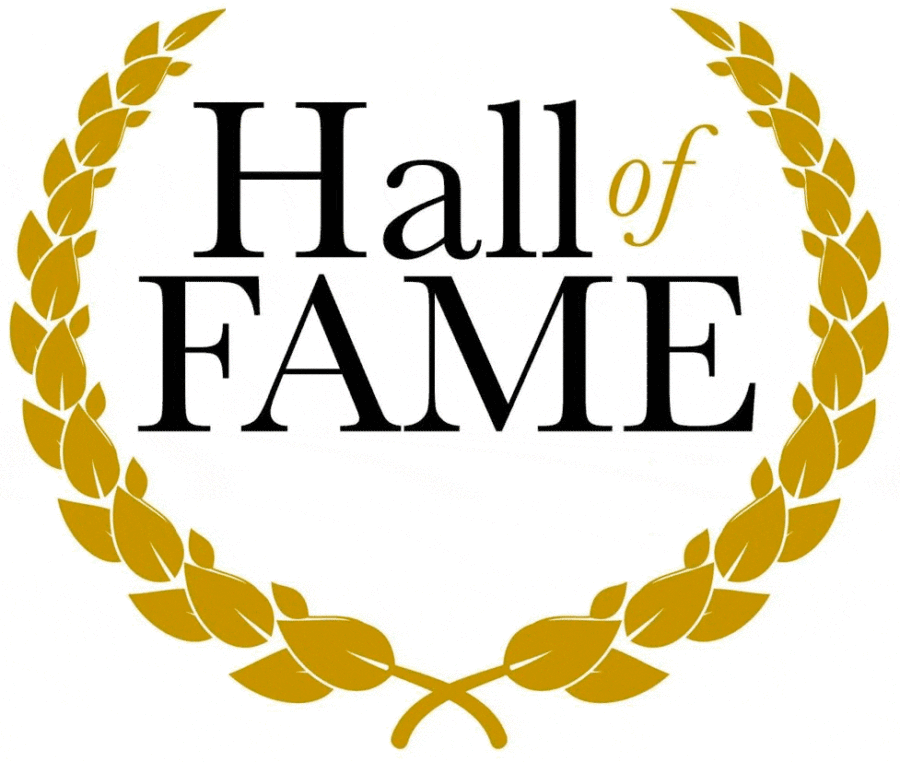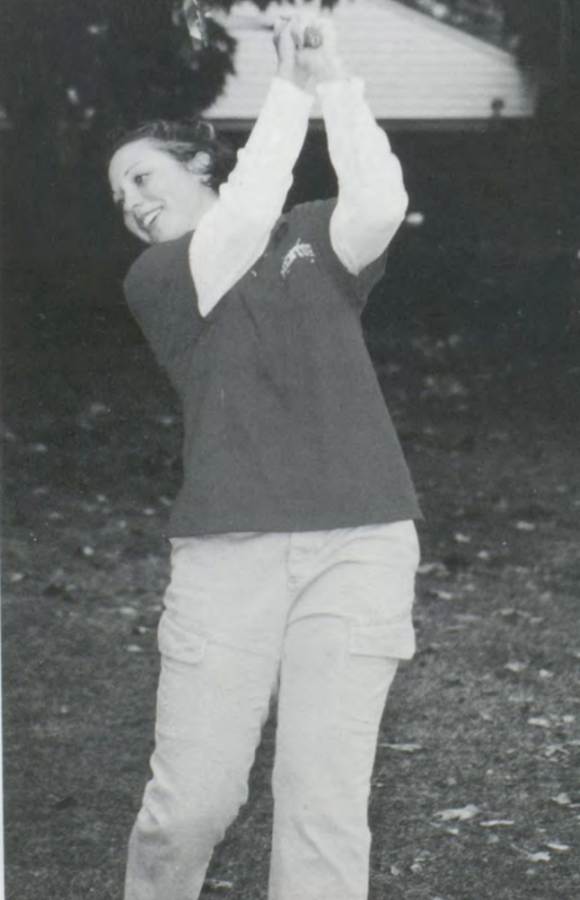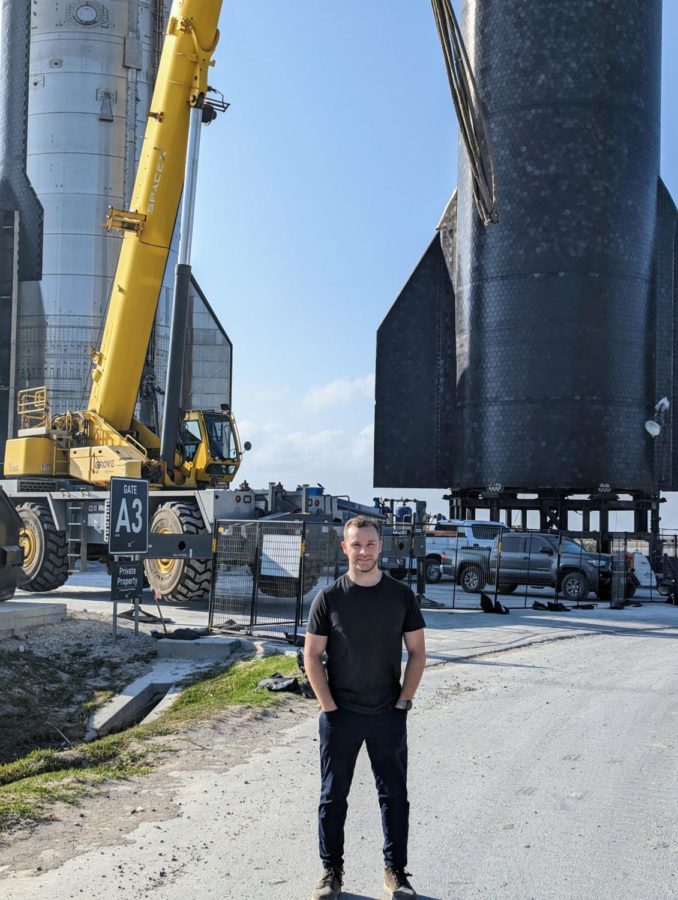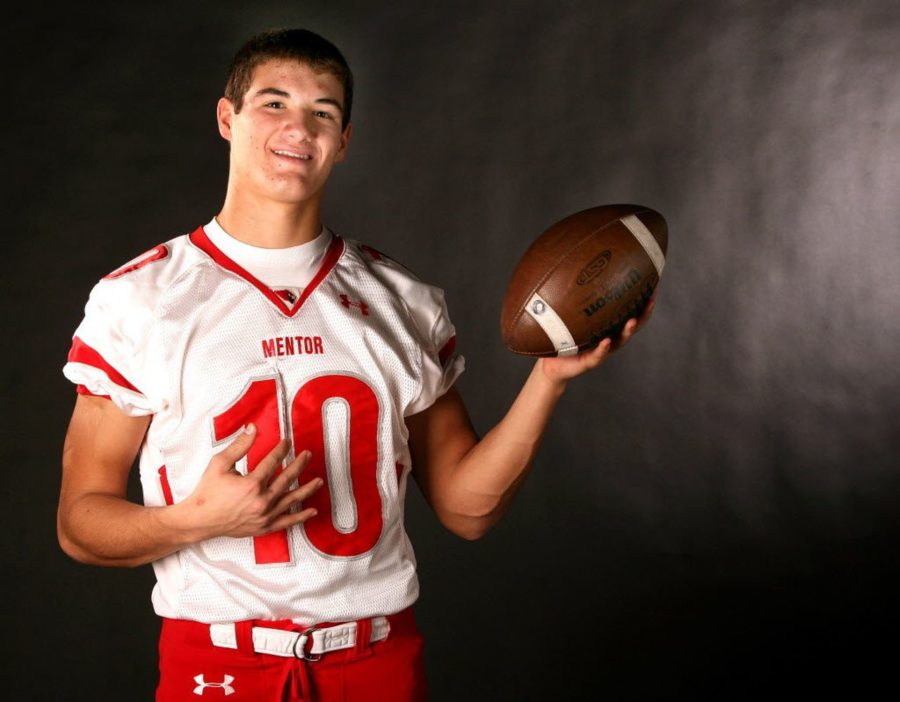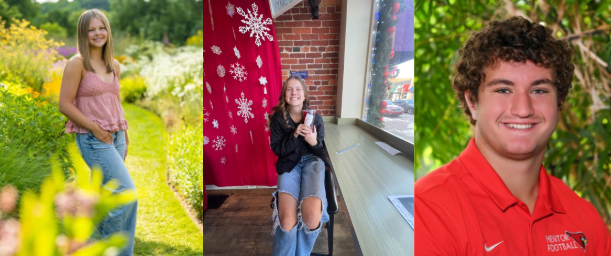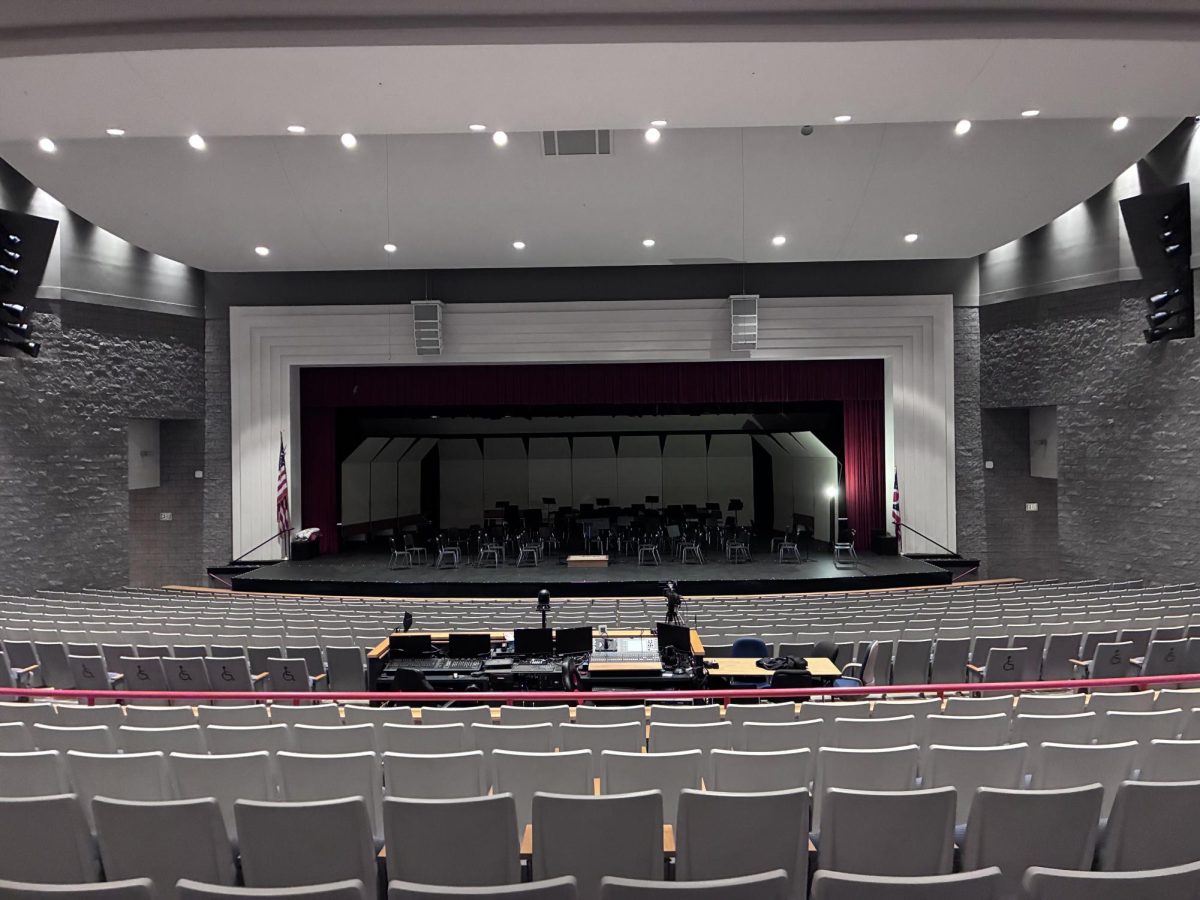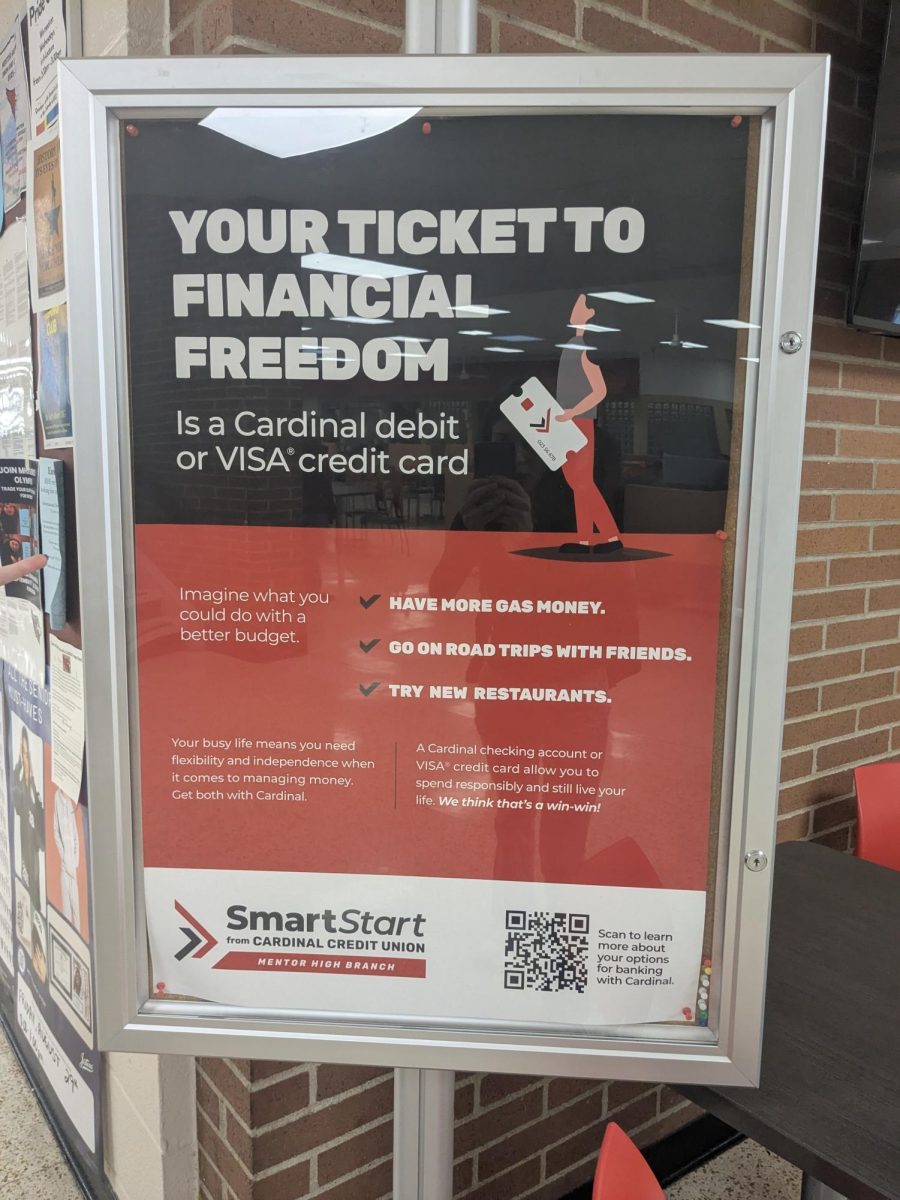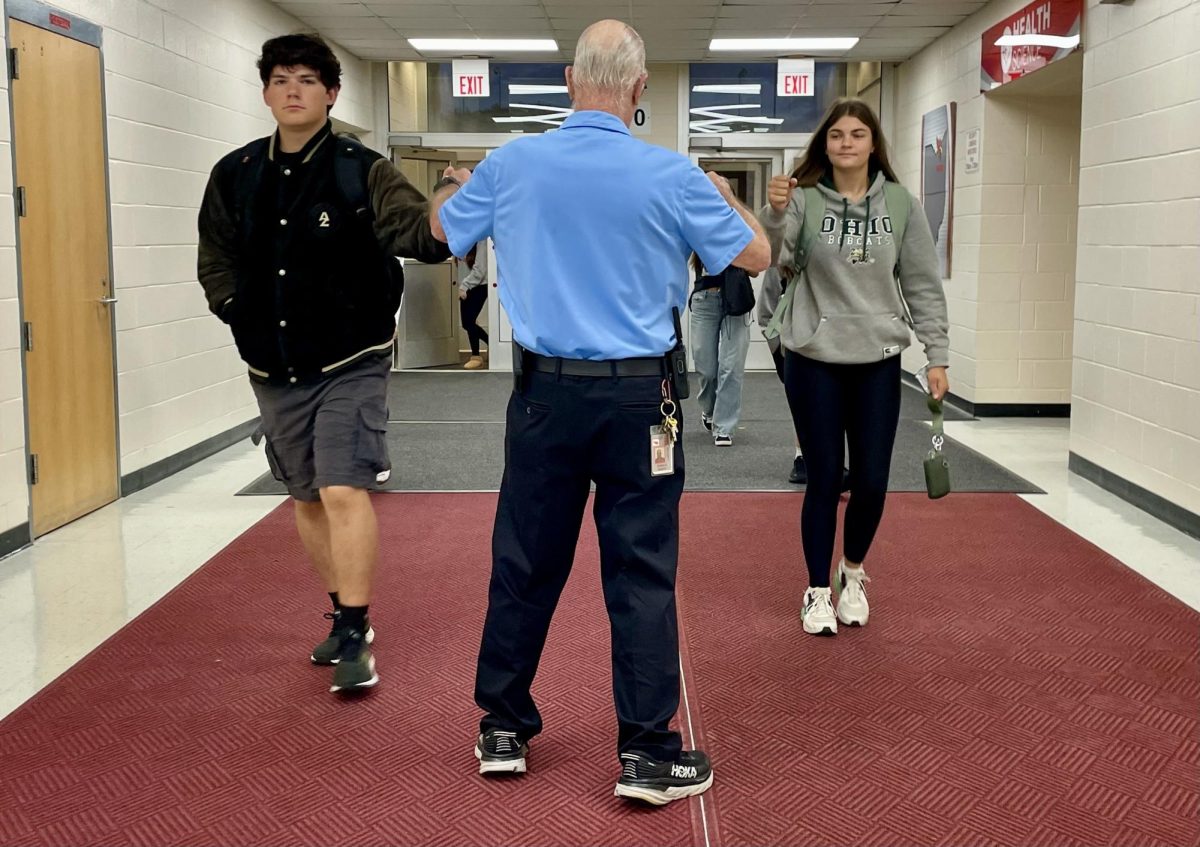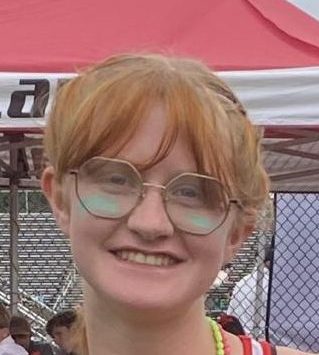Allow me to introduce you to the most impressive young woman I know: Sarah Reagan Freeman. Born on January 17th, 2003, my older sister Sarah is my biggest bragging right and a constant source of inspiration. She graduated from Mentor High School in 2021 and will be graduating from Miami University in Oxford, Ohio, this Spring, where she double majors in Mechanical Engineering and Manufacturing Engineering. After she graduates, she will continue her academic career at Texas A&M University, where she will pursue a PhD in Aerospace Engineering. Throughout her time in undergrad, she has undertaken an impressive variety of internships, including:
- Parker Hannifin- Aerospace-Manufacturing Engineering Intern- Mentor, OH (Summer 2022)
- Air Force Research Lab Space Vehicles Directorate – Thermal Engineering Intern – Albuquerque, NM (Summer 2023)
- Space Exploration Technologies (SpaceX) – Starlink Engineering Intern – Hawthorne, CA (Spring 2024)
- National Aeronautics and Space Administration (NASA) – Sustainability Aviation Engineering Intern – Cleveland, OH (Summer 2024)
- National Aeronautics and Space Administration (NASA) – Human Landing Systems Engineering Intern – Huntsville, AL (Summer 2025)
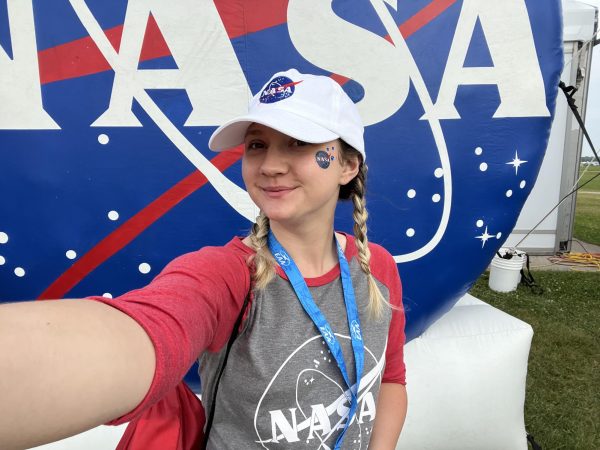
Sarah Freeman during her time interning at NASA Glenn Research Center (Sarah Freeman)
As someone whose heart lies with the humanities, my sister’s work has always intrigued me. The idea that any sane person would willingly subject themselves to that much math astounds me; yet, I am beyond grateful she does. When she talks about her projects, I often do not understand the technical aspects, but I have always been astutely aware that, without exaggeration, she is changing the world. Today, I decided to interview my sister to see if I could better grasp what led her to become the budding young rocket scientist she is today.
Perhaps we can grow more of her in a lab somewhere.
Disclaimer: The opinions expressed by Sarah Freeman in this interview exclusively demonstrate her own beliefs and are not reflective of the viewpoints held by any company or organization she has been or may be associated with.
The Cardinal Nation Scoop
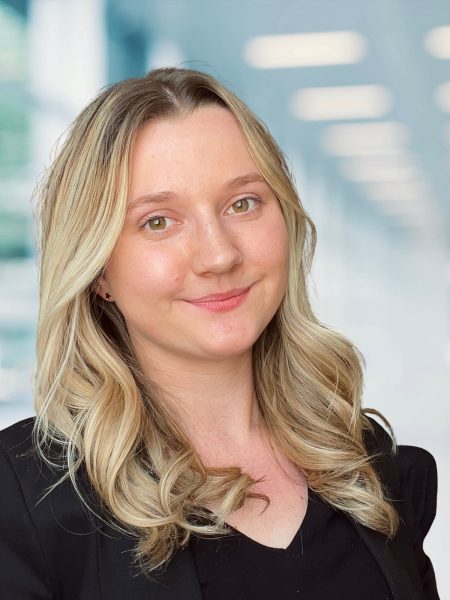
Cardinal Nation: Do you have experiences from your early childhood that were formative for you as a future engineer?
Sarah Freeman: I think I have loved science since a very early age. I frequently visited museums and requested science kits as birthday gifts. I really have been a space nerd for all 22 years of my life thus far. The Metroparks Star Parties for elementary students gave me a regular chance to stargaze and learn about the planets. The CLE Natural History Museum planetarium was one of my favorite spots as well. The Mentor Public Library hosted events with NASA Glenn that were very inspiring. While living in Florida in 1st grade, my mom pulled me out of school to watch the last shuttle launch. I was really young, but I remember being a bit sad knowing that a certain era of space exploration was over. I am happy to now be contributing as part of the Artemis generation, going back to the moon and to Mars.
Cardinal Nation: What programs at Mentor High School helped develop your love for science and lead you to your current path?
Sarah Freeman: Taking AP and CCP classes, especially physics and calculus, really helped me dive into my engineering design courses quicker since Mentor provided me with the fundamental math and science while in high school. Extracurriculars were very important as well. Marching band was a creative outlet and way to express myself while also learning important leadership skills. Model U.N. gave me a very competitive edge as a STEM student. Engineering is a demanding major, and sometimes people immerse themselves too far in. Being able to have an awareness for global politics and social issues is critical in any field because your work as an engineer will never exist in a bubble of perfect conditions. The presentation skills from Model U.N. were especially helpful, and the ability to work with people with different disciplines has served me well. The most impactful was Science Olympiad. I got to serve as team captain and gain leadership skills. I also just kept falling more in love with math and science, as cheesy as that sounds. It always gave me a way to be curious and learn. There was also a special culture to Mentor while I was there that was supportive of students who wanted to make their own path. There was support when you wanted to stretch your wings wider and challenge yourself. My teachers and advisors supported that and advocated for me.
“My journey is not just about my personal dreams. I understand the importance of inspiring the next generation.” – Sarah Freeman
Cardinal Nation: Why did you choose to pursue a PhD as opposed to entering the workforce?
Sarah Freeman:
- Through my internships, I saw that the people in the jobs I want have PhDs.
- PhDs are lifelong learners, and my curiosity regarding engineering is not even close to satiated.
- Hard things that challenge you are the best way to grow. PhDs are a rigorous degree and take a lot of time, but I am confident I will come out the other side not only a better engineer in the technical sense but also a better learner and thinker.
- PhDs study and discover truly new and novel things.
Cardinal Nation: How does the rise in AI affect the aerospace field? Have you encountered any instances in which you’ve utilized it? Do you anticipate ethical concerns around AI usage arising in the field, like what has been seen in art-centric fields?
Sarah Freeman: Some exciting applications of AI in aerospace include:
- Using AI to optimize flight paths to improve time and fuel efficiencies for commercial airlines
- Moving AI computing to space (lots of work left to go, especially in regards to keeping high-power electronics cool)
- AI can predict aircraft maintenance needs to prevent spontaneous breakdowns that are costly, time-consuming, and pose potential safety hazards.
- AI and automation in manufacturing will influence every industry. The effects in aerospace will vary since specialty aircraft and spacecraft aren’t mass-produced, but AI will offer manufacturing efficiencies nonetheless
- As the orbital space becomes increasingly debris-dense, there is talk of utilizing AI in satellite navigation as the possibility of running into obstacles increases
- Overall, the data processing power of AI will also help engineers streamline findings from mechanical test campaigns and troubleshoot early designs
One of the ethical concerns many industries are talking about revolves around privacy. A lot of the aerospace industry includes government contracts, which require all parties to maintain a high standard of data security. To ensure privacy for sensitive applications, companies and government agencies may have to invest in creating their own AI models even for everyday use cases such as checking an email for grammar. Because AI models retain inputs to learn, they become a house for any information you pass through them.
Cardinal Nation: Do you have any advice for young women interested in the STEM Field?
Sarah Freeman: I think this goes for everyone, but I would say be unapologetically your authentic self. There is no set mold for a scientist, engineer, or mathematician. If you want to go on to achieve a specific goal, be proud that you are working towards something difficult to achieve. And if it doesn’t work out, try to see failure as growth, not as a sign that you should quit or that you don’t belong. Advocate for yourself, but also don’t be afraid to ask for help. STEM works best when you collaborate, so lift everyone up around you. In good teams, you are working towards the same thing and can come together towards a common purpose. Hard days are ok, and everyone has them.
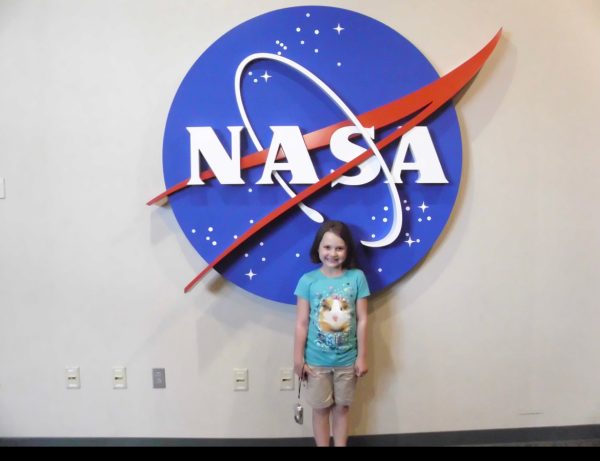
Want to know more about Sarah Freeman?
Check out these other articles and videos:
Miami University Feature Article: https://meet.miamioh.edu/academics/interview-miami-student-intern-nasa/
NASA News Letter: https://www.nasa.gov/wp-content/uploads/2024/07/july-2024-nasa-aeronautics-monthly-stem-ne
Miami University YouTube: https://www.youtube.com/watch?v=pLB7icYsbgs
NASA Article: https://www.nasa.gov/aeronautics/live-nasa-is-with-you-from-oshkosh/
Miami University Internship video: https://www.youtube.com/watch?v=IqpuzqFFV8s
